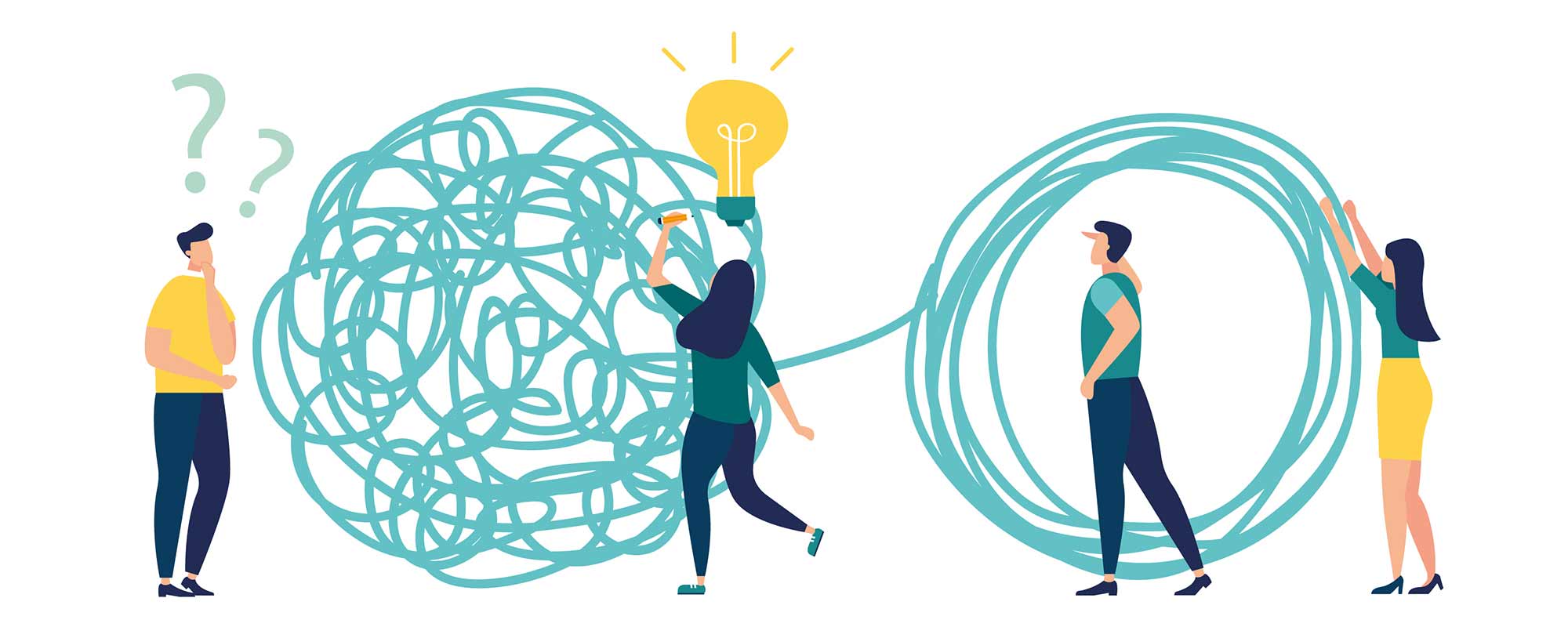Public dialogue in developed countries is ramping up about transforming education systems to help students better prepare for their post-academic life. Yet the global business landscape faces severe talent shortages, fuelled by a particular lack of skills – not degrees or certificates.
In traditional education, students learn by heart. Based on such a rote-learning approach, they attend tests and exams to receive grades. However, recruiters and human resources professionals have argued in the past few years that there is a disconnect between education and the real world. This tendency is already felt by the students, as The Prince’s Trust International’s latest study, An Upskill Struggle, has found. When students finish their tertiary studies and graduate, they enter a world where the labour market requires skills that the students have not had the chance to acquire. This sentiment has long been shared by businesses, who are increasingly struggling to fill positions with people who have the appropriate skill set.
Even large corporations have worked on bridging the gap between educational preparedness and required skills in the labour markets. University of Malta alumni Andrei Scerri, now co-founder and director of InnovativeKids Malta, confirms to THINK that the Big Four (the four largest accounting firms in the USA) immediately start by training their new entries in-house. Acknowledging a substantial skills gap between academia and reality, their academies ensure that Big Four accountants get a kick-start in their career, which helps them become experts in their fields. Smaller accountancies rarely do this. They have neither the human nor the financial resources for such training.
To fill the skills gap, Scerri started InnovativeKids, a private school for alternative and creative education. InnovativeKids aims to cultivate creativity and critical thinking as students acquire new skills and polish already existing ones. ‘Also, hands-on activities and the practicality of applying knowledge has been important for us, as we believe these are approaches that conventional education does not really adopt or cater for,’ Scerri tells THINK. Hands-on, practical experience is essential for students to learn how to adapt their theoretical knowledge to real-life situations. Practical learning allows students to adapt rapidly to daily challenges, according to the Stirling Institute of Australia.
‘We aim to change the theory-based and linear schooling approach. Our target is not only to have children become consumers of knowledge but to become independent thinkers who can use their knowledge and skills and apply them in real-world situations,’ Scerri says. In his view, this approach helps solidify knowledge that converts to practicality when people face challenges in their work. Essentially, people would be more apt to offer solutions to problems. ‘We create a real-world connection where students are actually motivated, and they learn by solving real-world challenges,’ Scerri further explains.
But how to best approach infusing practicality in the classroom environment? The most important stepping stone is finding a balance between theory and practice in the range of classroom activities. Emily Rose Seeber is reading for a PhD in teacher education. In a blog post with the Royal Society of Chemistry she writes: ‘the most important stepping stone is to find a balance between theory and practice in the range of classroom activities.’ Teachers must also focus on helping students to link their observations and ideas with the theoretical content being taught while also allowing the learner to grab the bull by the horns and do the tricky bits, Seeber adds.
Academic research into learning a second language and bilingual brains has shown that linguistic skills must be acquired as early as possible as the younger brain learns faster and more accurately. In the long run, this approach delivers many benefits to the adult as they mature. This may well adapt to any field of study. On the other hand, older students are more likely toget fixated on acquiring their certification, Scerri noted. They may also terminate their education and find a job instead. Because of this, they are less focused on acquiring skills. Therefore, the earlier certain skills are introduced to children, the greater the lifelong impact that can be achieved.
Experts agree that the importance of early childhood education should not be overlooked in the framework of human development. Walden University states that education in early childhood years lays the foundation for a person’s future development, providing a solid base for life-long learning motivations and learning abilities, including cognitive and social development.
A case study
InnovativeKids was founded five years ago and started its first hands-on activities with students four years ago as a fully-fledged summer programme. Today it offers over 15 different multidisciplinary programs ranging all the way from film-making to science and engineering. What started as a few extracurricular programmes for children today aspires to establish a framework for progressive education that helps kids acquire skills that serve them in meeting expectations of real-life situations both now and later on in their professional lives. The programme keeps kids ages 5-8, 9-12, and 13-16 occupied with fun activities.

For example, during the first rounds of InnovativeKids’ unorthodox activities, engineering students would be asked to create therapeutic toys for children with special needs. In a later programme, students were challenged to adapt their engineering and design thinking to create electronic gadgets for elderly people, while in another challenge, pupils created bird feeders that were placed in the Simar Nature Reserve in Xemxija.
InnovativeKids deploys a personalised approach with the help of mentors and applies an organic learning methodology following a holistic approach, with a multidisciplinary twist at the core. ‘Our aim is to cultivate a culture of curiosity, which allows students to enquire answers – not just listen and conform. We want to cultivate diversity by creating the space for different ideas to be shared and individual growth to happen,’ Scerri says.
The Summer School allows tutors to educate on a part-time basis. They come from all walks of professional life and organise courses that are based on real-life knowledge and skills requirements. Thanks to this, the programmes InnovativeKids offers span a wide spectrum, from creative arts to sciences to technology programs in digital game design and film-making and engineering.
Scerri explains the project’s next steps: ‘We are in the process of certifying certain aspects of our programmes. One of our next big challenges is to revolutionise the whole syllabus approach.’ His approach deviates from learning to pass tests and exams – it focuses on evaluating knowledge acquired through projects.
Nevertheless, even with this approach, the skills gap may prevail. Scerri points out, for example, that when artists finish their university studies, they become excellent at making their art forms. But their expertise is in vain if they are unable to monetise their art. In this case, hands-on business skills are necessary for the artists. They must have a good understanding of business models, how their artwork is relevant to certain industries, how they can make long-lasting and mutually beneficial business relationships, and how they can price their art to ensure that their business is scalable as more clients start flocking in. Today, professionals must be well-versed in a variety of areas, and adaptability, as a skill, will become increasingly more important as our world develops.





Comments are closed for this article!